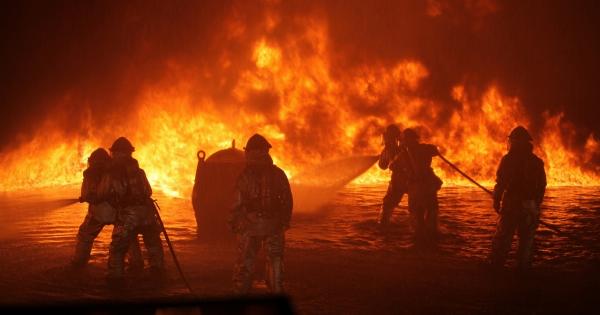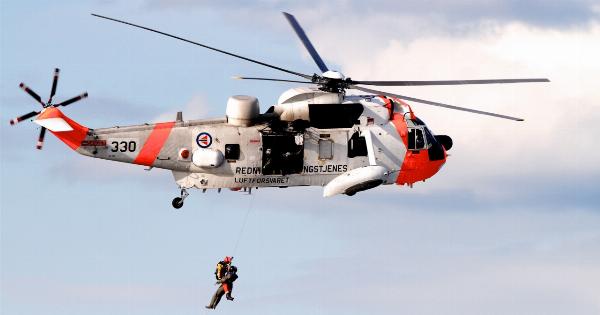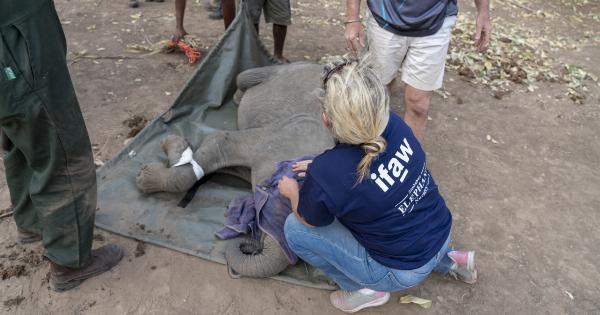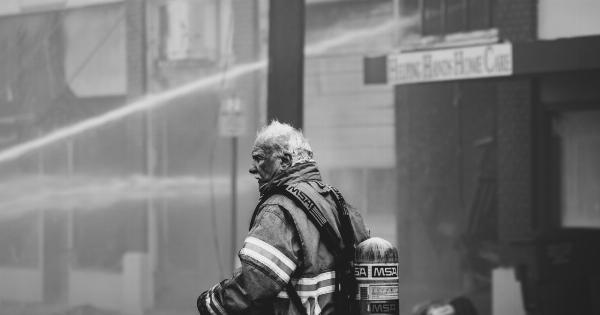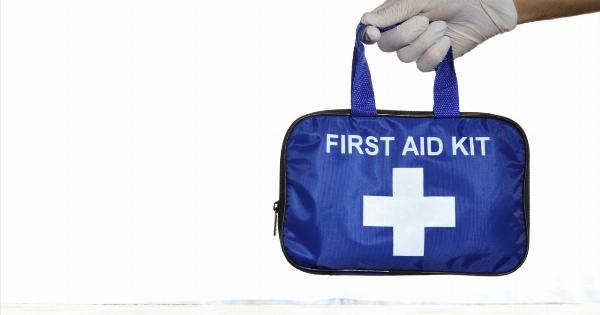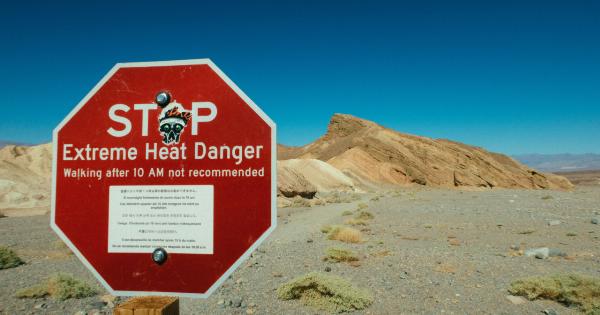When we talk about our career choices or job prospects, one thing that often fails to get enough attention is how hazardous certain occupations can be, especially for those with little to no experience.
There are countless jobs out there that may seem glamorous or romanticized but come with a very high risk of injury or death if proper training and safety measures are not implemented. In this article, we will discuss some of the most dangerous occupations that may require little experience and carry a higher risk of fatality.
1. Construction
Construction remains one of the most dangerous professions around the world. In this industry, heavy machinery and complex equipment are handled, which can cause injuries and fatalities.
Construction sites are prone to many hazards such as falls from heights, electrocution, struck-bys, and caught-in or between incidents. Workers who are inexperienced or untrained are at a higher risk of such injuries and fatalities.
2. Logging
Logging is another industry in which inexperienced workers can increase their risk of injury or death.
Logging and forestry work involves felling trees, and this is accomplished through the use of heavy machinery like chainsaws, logging trucks, and equipment. Logging workers have a high fatality rate due to the potential for falling logs, branches, and equipment accidents. This is why proper training, certification, and equipment inspection are essential for any new worker entering the industry.
3. Agriculture
Agriculture and farm work are among the oldest professions globally, and they can still be dangerous despite advances in technology.
Workers in these fields are generally exposed to chemicals, animals, and heavy machinery that can lead to injury, illness or even fatalities. Inexperienced farm workers are highly susceptible to accidents such as tractor overturns, equipment entanglement, and animal injuries.
4. Transportation
Transportation work can be hazardous, especially for inexperienced drivers. This occupation involves the operation of several different types of automobiles like trucks, buses, and taxis.
Drivers must handle heavy vehicles on the road and navigate through traffic. Many transportation accidents are caused by inexperienced or untrained drivers. This is why it is essential to get the proper training and certification before beginning a driving job.
5. Fishing
Fishing is one of the most dangerous jobs in the world, even for experienced workers. Fishing boats and the equipment they carry can lead to accidents and fatalities during storms or emergencies.
Inexperienced workers are more vulnerable to drowning, hypothermia, and losing their balance on slippery decks. If someone has a passion for fishing, it is essential to take some training and experience to best understand the risks and how to avoid accidents.
6. Mining
Mining is another industry that can be highly dangerous. Miners work underground and face several potential hazards like cave-ins, gas leaks, explosions, and other environmental hazards.
New workers in this industry may be at a higher risk if they do not have proper training, experience, and guidance while on the job.
7. Roofing
Roofing is a physically demanding job that can be a challenge for even an experienced worker. Roofers must work at great heights and use heavy machinery. Inexperienced workers can quickly become overwhelmed, lose their footing, and fall from high heights.
Falls cause the majority of roofing fatalities and injuries. This makes training, certification, and the use of proper safety equipment, such as harnesses, mandatory.
8. Utilities
Utilities workers, such as power line installers and repairers, work outdoors in all weather conditions. They are at risk of injury from falls, electrocution, and burns. The job demands agility, stamina, and careful attention to safety.
Inexperienced workers in this industry may face higher risks due to their lack of experience and limited training.
9. Cleaning
Cleaning may seem like an easy job, but it can be hazardous or even life-threatening if not managed correctly.
Cleaning workers may work in hazardous environments, inhaling toxic chemicals or dealing with physical hazards like insecticides or other chemicals. Also, inexperienced cleaning workers are at risk of falls, strains, and injuries caused by lifting or carrying heavy equipment.
10. Emergency Response
Emergency response workers are responsible for ensuring public safety during disasters, accidents, and emergencies. Firefighters, police officers, and paramedics must perform their job duties under challenging, constantly changing conditions.
Untrained or inexperienced workers may struggle with the job’s rigorous physical demands and may face a higher risk of harm in emergency situations.
Conclusion
A job that appears to require no experience or training can still be hazardous or even life-threatening. Choosing a career that involves risks should be treated with the same seriousness as any other career pursuit.
It is crucial that initial training, proper certifications, and safety equipment are put in place to ensure safety in these industries. When job seekers are aware of the danger and prepare themselves, they can reduce the risk of injury or death on the job.

